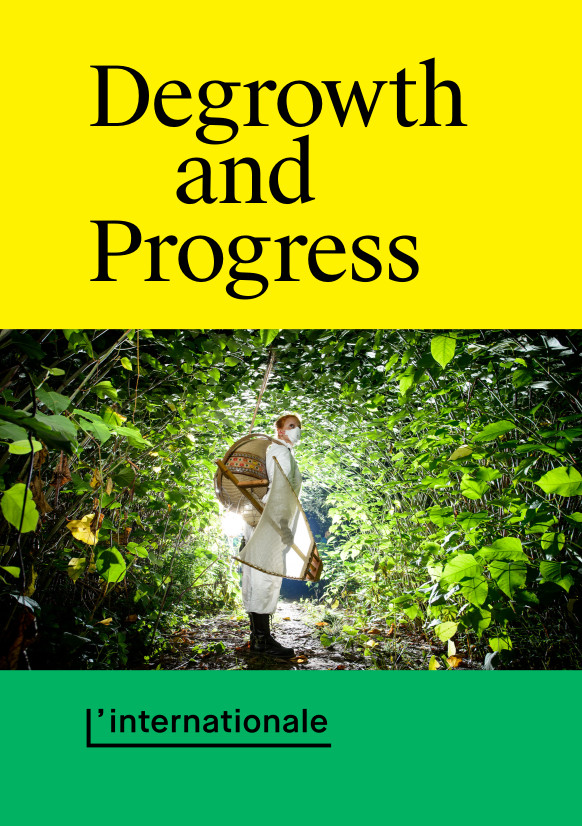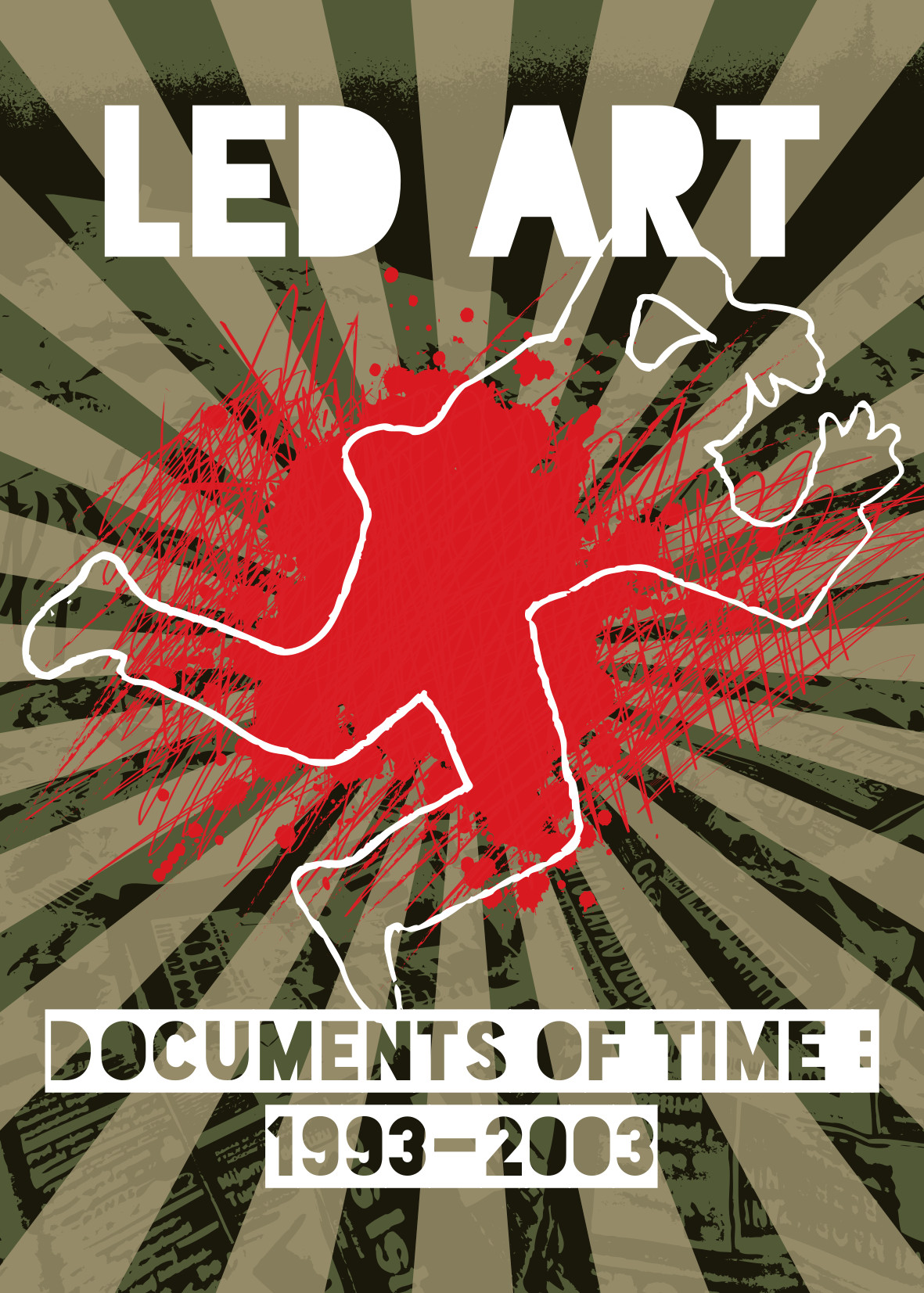Jonas Staal: Propaganda Art in the 21st Century (2019)
Filed under book | Tags: · art history, artistic research, avant-garde, democracy, modernism, performance, politics, power, propaganda, totalitarianism, war on terror

“Propaganda art—whether a depiction of joyous workers in the style of socialist realism or a film directed by Steve Bannon—delivers a message. But, as Jonas Staal argues, propaganda does not merely make a political point; it aims to construct reality itself. Political regimes have shaped our world according to their interests and ideology; today, popular mass movements push back by constructing other worlds with their own propagandas.
Staal shows that propaganda is not a relic of a totalitarian past but occurs today even in liberal democracies. He considers different historical forms of propaganda art, from avant-garde to totalitarian and modernist, and he investigates the us versus them dichotomy promoted in War on Terror propaganda art—describing, among other things, a fictional scenario from the Department of Homeland Security, acted out in real time, and military training via videogame. He discusses artistic and cultural productions developed by such popular mass movements of the twenty-first century as the Occupy, activism by and in support of undocumented migrants and refugees, and struggles for liberation in such countries as Mali and Syria.
Staal proposes a new model of emancipatory propaganda art—one that acknowledges the relation between art and power and takes both an aesthetic and a political position in the practice of world-making.”
Publisher MIT Press, September 2019
ISBN 9780262042802, 0262042800
230 pages
Interview with author: Pierre d’Alancaisez (New Books Network, 2021, podcast).
Reviews: Christoph Chwatal (Third Text, 2020), Hailey Maxwell (The Drouth, 2020), Joerg Bader (Critique d’art, 2019, FR).
PDF, PDF (12 MB, updated on 2024-4-23)
Comment (0)Sara Buraya Boned, Ida Hiršenfelder (eds.): Degrowth and Progress (2021)
Filed under book | Tags: · art, degrowth, progress

“Degrowth and Progress is the second in a series looking at other potential narratives for mapping our current landscape through redefining the social, political and economic terms of engagement. Following the e-publication Austerity and Utopia, L’Internationale Online presents a second collection of interventions to think through two apparently distant concepts. Artists, thinkers and researchers were invited to reflect on a dissimilar pair of themes as fertile ground for thought and proposition. With this new issue, we would like to pursue a path of reflection to interrogate the ambivalence of a possible progression of degrowth, and attempt to stage a hybrid scenario of speculative thought and action. This collection draws upon the complexity of ethical, ecological and political frameworks and reveals other perspectives on the current crisis through critical essays, storytelling, science fiction, biomorphic design, audiovisual traces of artistic practices and allegorical maps. Progress was the firstborn of modernity, a major promise of continuous development towards the perfection of ‘humankind’. But progress in whose name? To whose benefit? With the exclusion of whom? Progress towards what kind of model? The notion of progress, besides being Eurocentric and linked to colonialism, has been the ideological framework for liberalism itself. The ideal of a continuous, progressive and desirable advancement of civilisation has been reframed in recent decades with ‘sustainable development’. But isn’t sustainability a concept far too simplistic to be able to address real questions of poverty, exploitation, segregation, congestion, depletion of land, desertification, terraforming, or the mass extinction of species? Could we think in a different direction about progress?”
With essays by Vincent Liegey, Cristina Cámara, Vladan Joler, Ajda Pistotnik, Paula Pin Lage, Marta Echaves, and Ida Hiršenfelder, an interview with Silvia Federici by Sara Buraya Boned, and a conversation between Monica Narula and Nataša Petrešin-Bachelez moderated by Corina Oprea.
Publisher L’Internationale Online, 2021
Creative Commons BY-NC-SA License
ISBN 9789151931708
167 pages
PDF, PDF (15 MB)
EPUB, EPUB (16 MB)
Led Art: Documents of Time: 1993-2003 (2020)
Filed under book | Tags: · 1990s, art, politics, protest, serbia, social movements, socially engaged art, war, yugoslavia

“In an extraordinary socio-political turmoil that shoved Yugoslavia into a war and complete international isolation during the 1990s, activity in culture and the arts was one of possible ways to survive and not be drowned in cataclysmic reality. Under those circumstances, in 1993 painter Nikola Džafo has found Led Art (Ice Art) group. Its projects bear the epithet of engaged art that resisted the regime of Slobodan Milosevic. Led Art gathered more than 300 individuals in close to fifty projects during the ten-year activity period: artists, sociologists, art historians, journalists, scientists. This book covers the activities of the group and the chronology of the social and political events in the former Yugoslavia.”
Translated by Goran Mimica and Svetozar Poštić
Publisher Multi-media center Led Art, Novi Sad, 2020
ISBN 9788690537570
254 pages
via Struron
PDF (23 MB)
Comment (0)
